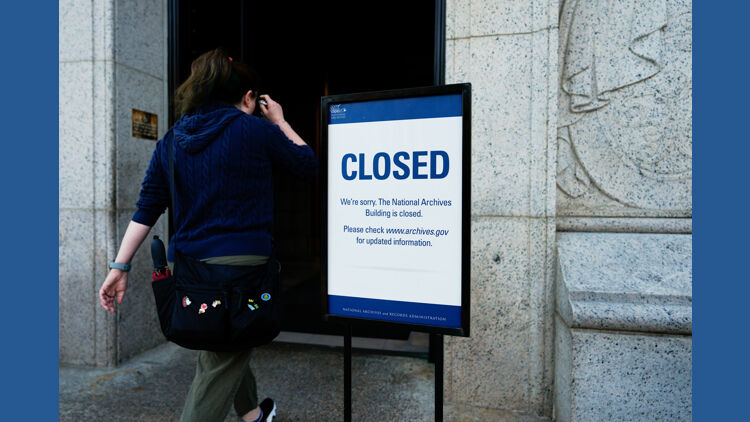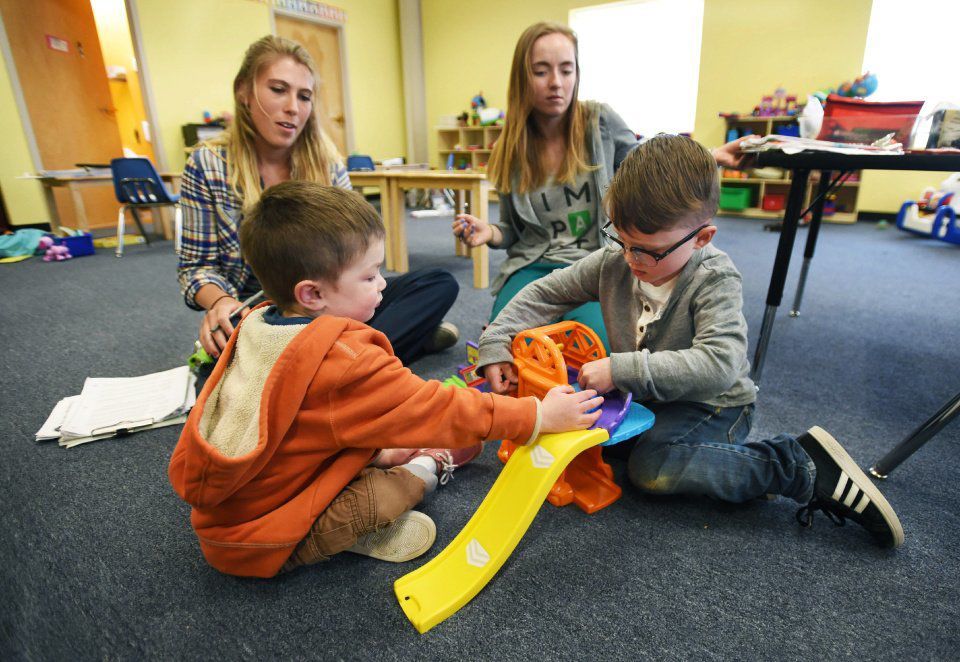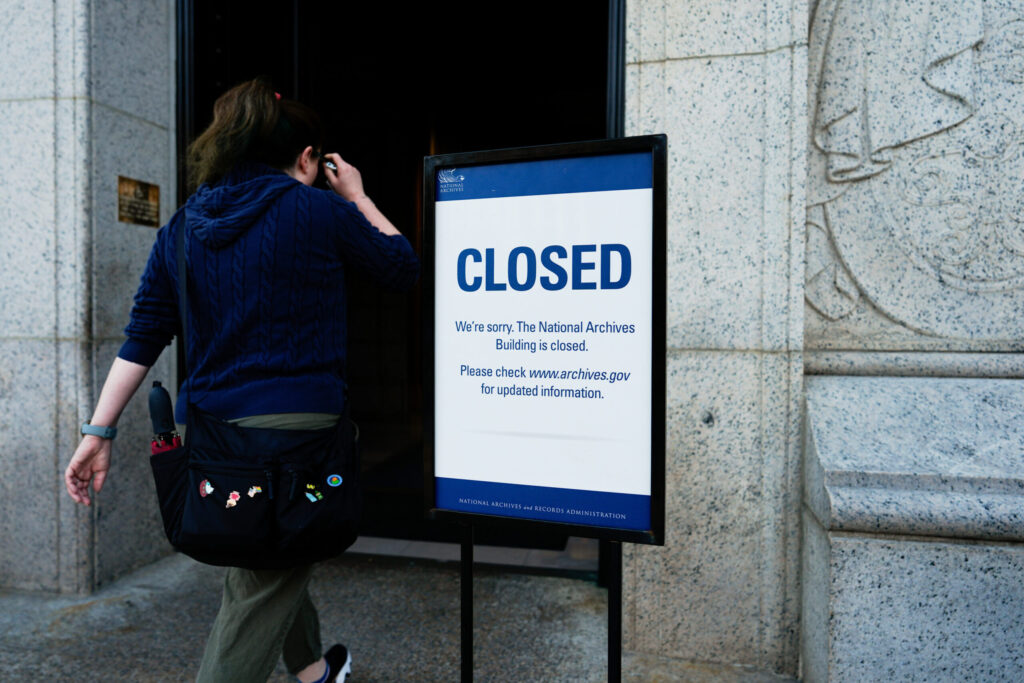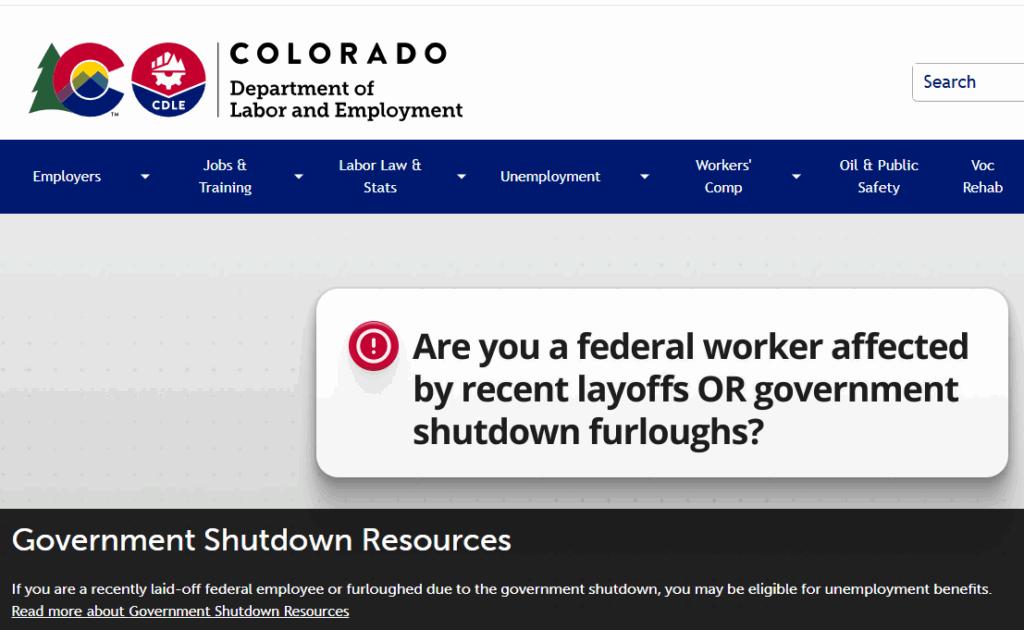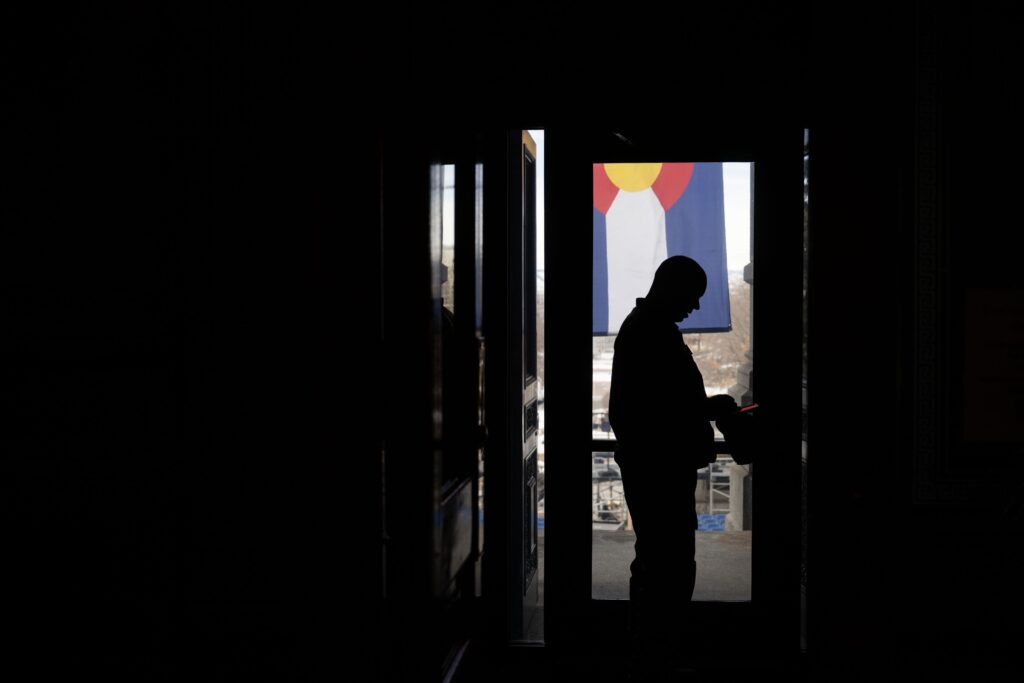Gov. Jared Polis defends Colorado’s cooperation with ICE on unaccompanied minors information
Gov. Jared Polis on Thursday said he intends to comply with a subpoena issued April 24 by U.S. Immigration and Customs Enforcement that seeks information on unaccompanied minor children that could be tied to child trafficking.
The decision puts the governor in the position of defending cooperation with ICE just weeks after signing a bill that, among other things, inoculates immigrants unlawfully staying in the U.S. from federal policies and which specifically restricts political subdivisions from disclosing any identifying information of a person to assist with immigration enforcement.
In an exclusive interview with Colorado Politics, the governor said the type of information being sought by ICE means to root out exploitation and child trafficking, and that state law not only doesn’t prohibit that kind of cooperation, it explicitly allows it.
On Thursday, an official with the Colorado Department of Labor and Employment sued the governor in an attempt to block that cooperation.
The lawsuit filed in Denver District Court Thursday by Scott Moss, the director of the division of labor standards and statistics, claimed that the governor has directed him and potentially other state employees to provide ICE personally identifying information of at least dozens, and possibly more, individuals in response to an administrative subpoena that the federal agency served to enforce immigration law.
Issued by ICE, not by a judge, the subpoena — according to information in the Moss lawsuit — identifies 35 individuals who are believed to be sponsors of “unaccompanied alien children.”
The information sought by ICE could include personal information on household and family members, coworkers, employers and the children themselves. The population of individuals whose personal information is being sought is, therefore, “far greater” than just the subpoena population, the lawsuit said.
“The Polis directive to collaborate with ICE is illegal,” the lawsuit said. “It also harms an unknown but potentially large number of state employees, by directing them to commit illegal acts, risking a wide range of professional and personal harms, including personal penalties of up to $50,000 per violation under the legislation Governor Polis himself signed into law.”
That’s a reference to Senate Bill 276, which Polis signed into law on May 23, as well as previous legislation adopted in 2019 and 2021 that prohibits state and local government employees from providing personally identifying information to immigration authorities.
In his lawsuit, Moss said he tried to reach the governor to protest “repeatedly, discreetly, and internally, and both verbally and in writing” but was unable to communicate that directly to the governor, and that the injunction sought by the lawsuit against cooperating would protect himself, other public employees and “most importantly the immigrant workers and children Governor Polis wants to help ICE find, seize, and deport — after they trusted his promises and enactments that he would not place them at the mercy of federal antiimmigration forces.”
Initially, the lawsuit claimed, the Polis administration declined to cooperate with ICE but that, in the last week of May, the governor had a change of heart and ordered the labor agency to provide the information requested.
Moss was directed to provide the information requested by ICE by Friday, June 6, his lawsuit said.
Polis told Colorado Politics he believes his directive to state employees is legal under previous laws, including SB 276, which he signed. He said the state “was asked to help with the criminal investigation to make sure the kids were safe and not being exploited.”
“I would argue this is the kind of cooperation that can legally occur before 276, and 276 explicitly allows for cooperation with a criminal investigation,” he said. “If we have any information that might be used” to help, the state can get that to the proper authorities without delays from the courts.
The state, however, “does not represent that we have all the information that is being requested,” Polis said. But “we want to cooperate where we can to protect these kids.”
Immigration officers have shared some details with the state, Polis said, but added that they want to be make sure these kids are not being exploited or trafficked and “if there’s anyway we can help to do that we’ll do so,” he said.
Regarding the lawsuit, Polis said there are processes for state employees to get clarity from the courts on that law. He hopes the court can provide that clarity sooner rather than later, and that any information that can help protect these kids is provided to the correct authorities, he said.
There have been cases of exploitation and trafficking of unaccompanied minors, “and it’s our responsibility to make sure they’re safe,” he said.
ICE launched an initiative last February to locate and verify the safety of those children. The Trump administration has claimed that the children were released to sponsors in the United States without proper vetting.
“Some of the sponsors had paid smugglers to bring the children into the country or fraudulently claimed familial relationships. As a result, these children were subjected to physical abuse and sexual and labor exploitation,” ICE said on its website this week.
Citing information from the Congressional Research Service, the National Immigration Forum, a Washington, D.C.-based nonprofit, said that 75%-80% of unaccompanied children arriving at the U.S.-Mexico border are victims of human trafficking.
Colorado Politics Must-Reads:


